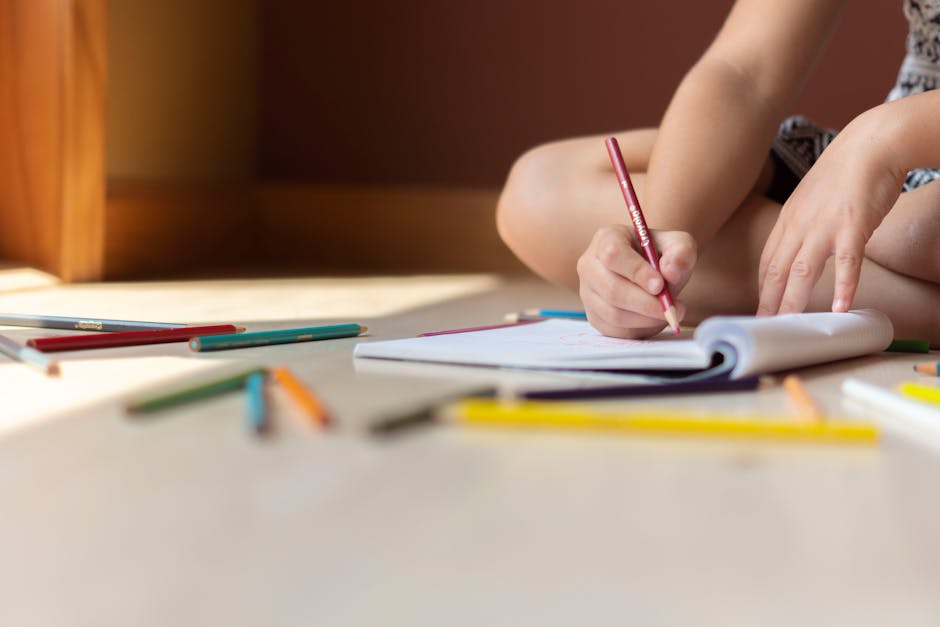
Learning through Play
Learning through play is a wonderful approach to education that incorporates elements of fun and exploration into the learning process for children. It allows kids to engage in activities that not only entertain them but also encourage their cognitive, physical, and social development.
There are numerous benefits associated with learning through play:
- Promotes Creativity: When children engage in imaginative play, such as role-playing or building with blocks, they develop their creative thinking skills, allowing them to come up with unique ideas and solutions.
- Enhances Problem-Solving Skills: Play-based learning often involves challenges and puzzles, which prompt children to think critically, analyze situations, and find solutions.
- Improves Communication and Socialization: Through play, children learn to communicate their thoughts and feelings with others, improving their language skills and fostering social connections.
Parents and educators can facilitate learning through play by providing a wide range of stimulating and age-appropriate activities. Here are a few examples:
- Imaginative play: Encourage children to pretend play, using props and costumes. This helps boost their creativity and language skills.
- Sensory activities: Set up sensory bins with different materials like sand, water, or rice. Children can explore textures, colors, and develop their tactile senses.
- Building and construction: Provide blocks, Legos, or other building materials that allow children to construct and problem-solve.
- Outdoor play: Take children outside to engage in physical activities like running, jumping, and playing games. It promotes gross motor skills.
Learning through play should be an integral part of every child's early development. By incorporating play into educational settings, children can learn in a more enjoyable and effective manner.

